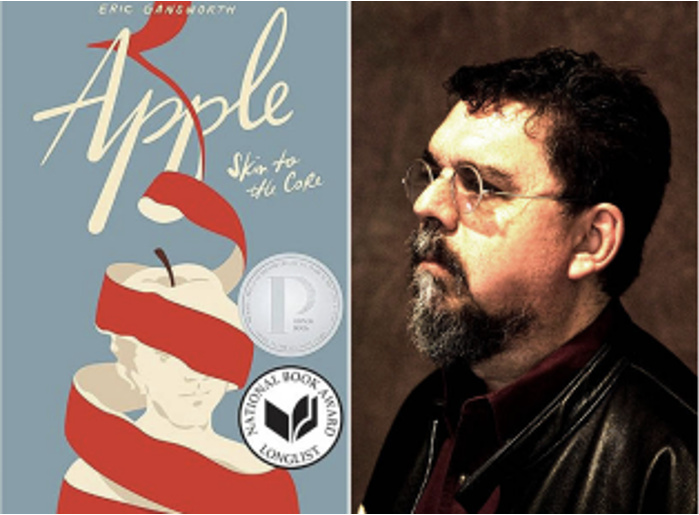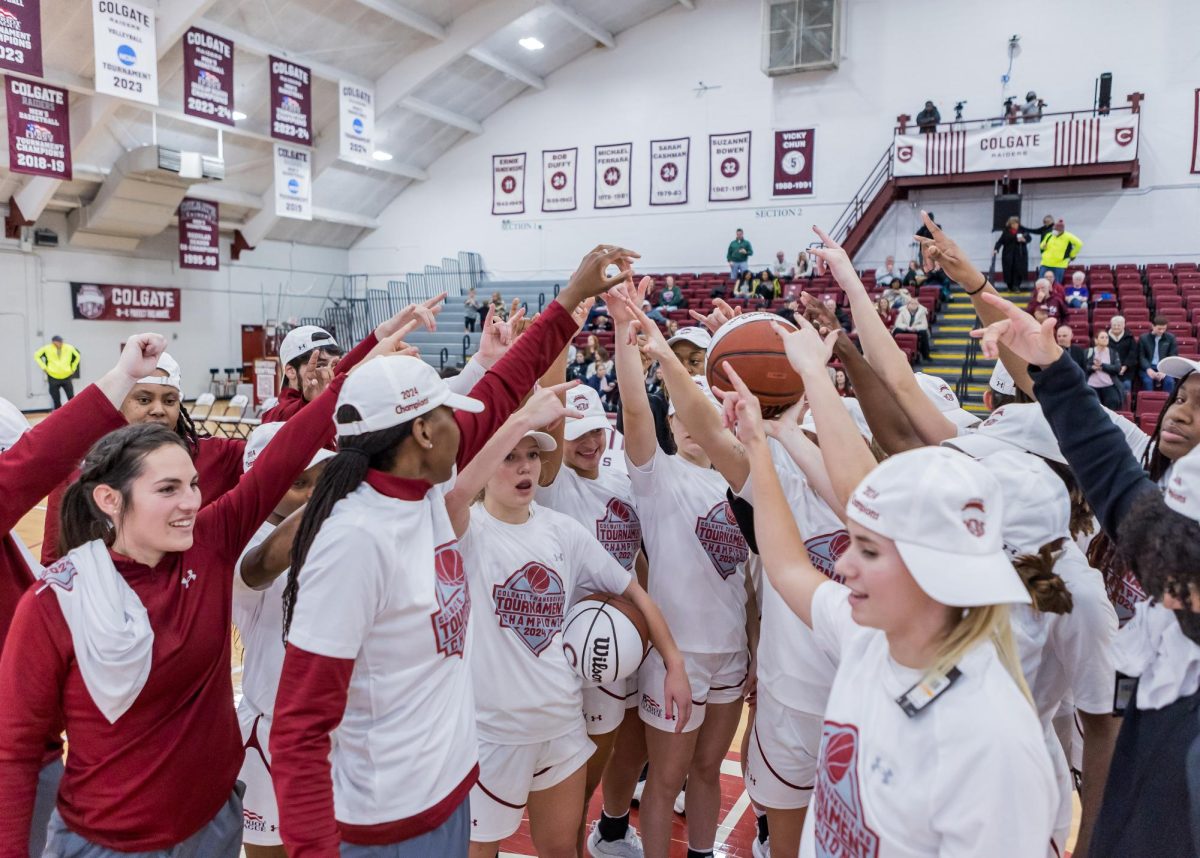Everyone has been deeply moved by a film at one time or another. Films have an incredible power to immerse people in a story and deeply connect them with its characters. Some students at Colgate University have been so impacted by film that they chose to study the field as their major.
Junior Leila Bekaert, a film and media studies major, had a previous interest in studying the subject, and was able to explore her passion through introductory classes in the department as a first-year.
“The year before coming to Colgate, I had started watching movies more often and developed an interest for film, which led me to take Intro to Film my first-year,” Bekaert said. “I had only taken it out of curiosity, but I realized that I was more interested in film than most of my other subjects, and continued to take film classes into my sophomore year.”
Colgate’s Film and Media Studies Department aims for their students to “engage in multidisciplinary study and production of film and other visual mass media, examining how they serve as powerful determinants of ideology, identity, and historical consciousness.” The courses range from the broader topic of “Global Cinema” to more advanced courses such as “Hollywood and the World: Performing Gender and Sexuality On Screen.” Not only do these film and media students have to attend regular class hours, but they are also required to attend film screenings, a key component to completing the major.
Many students do not begin at Colgate knowing that film and media studies is their passion. Junior Lauren Sterne explained how she chose to major in film and media studies.
“Truthfully, I took Intro to Film and Media Studies because I needed to fulfill an area of inquiry. […] I will never forget my first class,” Stern said. “I walk into the class late, and I sit down in this auditorium amidst an introduction the professor was giving for a film excerpt we were about to watch. I had zero context, I hadn’t done the reading, I was sheepish because I didn’t know anyone and it was uncharacteristically dark for a classroom. All of a sudden, a scene from Bela Tarr’s ‘The Turnin’ Horse,’ a highly impressionist art film, played on the wall, and I knew at that moment that this was for me.”
The benefit of being at a liberal arts school such as Colgate is that the curriculum allows students to open up their minds to subjects they have never once considered. By enrolling in a variety of classes, students can more deeply explore what topics pique their interest and discover that they may not be as interested in certain disciplines as they believed themselves to be.
As Sterne has grown in her studies of film and media, she has realized that the field is incredibly multifaceted.
“Film and media studies, as it stands at Colgate, is a unique major because it does not ask you to choose between analytical and creative. Instead, you get to apply your knowledge and skills in a way which is culturally rich and pertinent; it feels both cerebral and relevant,” Sterne said. “I would urge anyone to take Intro to Film and Media Studies. Even being in Little Hall [where many film and media studies courses are taught] gives you a new perspective in an otherwise homogeneous-feeling campus and learning environment.”
Bekaert noted that she was drawn to film for the same reasons.
“The reason I decided to actually major in film rather than minor is because film and media studies actually encompasses a lot of disciplines: film history, feminist film theory, documentary vs narratives, experimental and video arts, editing, art and photography, sound, etc,” Bekaert agreed. “As a creative as well as academic person, this seemed like the fit for me.”
Bekaert expanded on her love of the film and media studies department at Colgate and the study-abroad opportunities she has had access to through her major.
“Another influence was the film department itself at Colgate, which introduced me to the theory and academic side of film that I had never before studied. And now, as a part of the New York City Film Study Group, I get practice with practical film classes, ranging from how to make a narrative short film to how the film industry works,” Bekaert said.
If you are interested in the prospect of becoming a film and media studies major, Sterne has advice.
“Go to office hours, pick the brains of the theater, art and film professors. They all have incredible insights and creative minds,” Sterne said. “At Colgate, those perspectives can be hard to come by, considering the general emphasis on fields such as economics and political science. These film professors can open your own mind to whole new ways of thinking and creating, and, generally, it is very rewarding to speak to people about topics they are both well-versed and interested in.”














